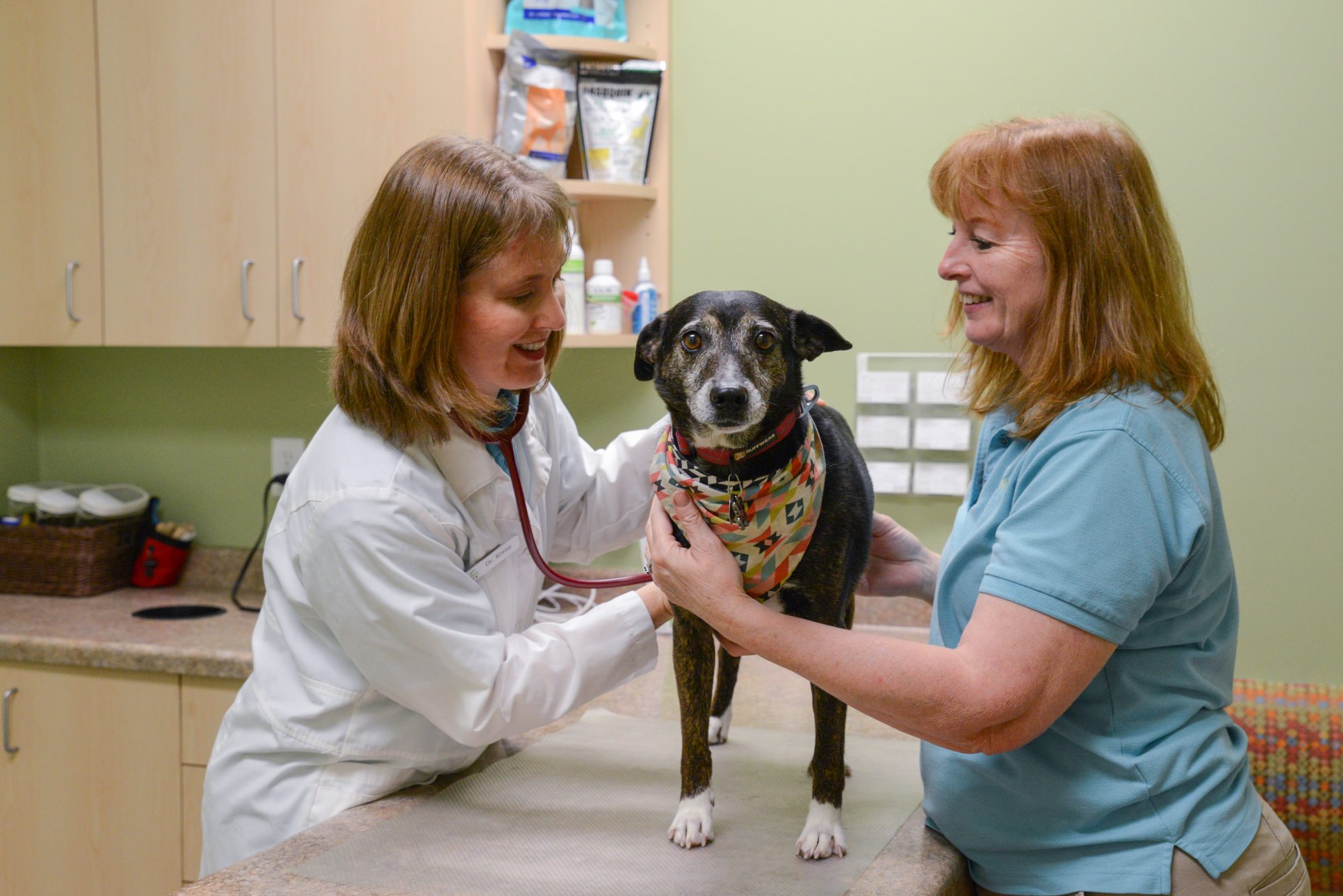Why Vaccinate your pet?
By Monica Bock, ZimmVet Daycare Staff

The main reason to vaccinate your pet is to prevent disease that can otherwise be transmitted to you, a loved one or other beloved pets. The best source of information on vaccinations is your veterinarian. They are equipped with handouts from credible sources and are educated extensively on this matter as it pertains to the wellbeing of your pet. Without vaccinations we would surely see more cases of preventable diseases plague our furry family members as well as our human family members in some cases.
What are Vaccines?
Vaccines, are solutions that contain antigens that stimulate the body’s immune system. Think of them as photocopies of the original. They will not cause harm to the pet because they are missing a key component that makes the original so dangerous.
Core Vaccinations:
Rabies
A deadly zoonotic disease (spread from animals to people), spread through the saliva of an affected animal. Depending on your state, the main carrier may vary, however the most common carriers of rabies is the bat, skunk, and raccoon in Minnesota. This disease is extremely dangerous and an infected animal will not necessarily show signs right away. An animal that is showing symptoms of the disease will ultimately die from the virus.
Distemper
A harmful and highly contagious disease effecting the respiratory, gastrointestinal, and nervous system. This disease is spread primarily through direct contact with the infected animal (coughing and sneezing). There is no cure for this disease and the only options for treatment are stabilization and letting the virus run its course. By getting the vaccine one can avoid the suffering of a pet and a costly fees from hospitilization.
Lifestyle Vaccines:
These vaccines are generally given based on the risk of exposure, whether that be a pet service you take your dog to (boarding, daycare, or grooming) or a job your dog may have such as hunting. Some of these life style vaccines help lower the probability of your pet catching one of these transferable diseases from another animal.
Influenza
Influenza in animals is an upper respiratory disease similar to the viral strains humans have. Like human influenza, this disease is spread through the air when respiratory secretions are released or when animals share objects or spaces and can be prevented with a vaccination. This vaccination is recommend for dogs that contact other dogs. Common activities include boarding, training, dog daycare, dog parks, grooming, and group hunting.
Bordetella (Kennel cough)
It causes inflammation of your dog’s upper respiratory system. While the disease is not fatal, it can lead to more serious problems in puppies and older or immune-compromised dogs. Any dog that contacts other dogs this vaccination is recommended along with the Influenza vaccination.
Lyme
Lyme is a tick-born disease. This vaccine is recommended for any pet that goes in areas where ticks can be found. If your pet is infected with Lyme it can cause the following:
- Fever
- Loss of appetite
- Reduced energy
- Lameness (can be shifting, intermittent, and recurring)
- Generalized stiffness, discomfort, or pain
- Swelling of joints
- Kidney failure
Leptospirosis
A zoonotic (transmissible to people) disease caused by contact with Leptospira bacteria shed in the urine of wild animals found in soil and water. This disease has symptoms that are very flu like, and vary between patents. Dogs are most commonly affected. Any pet that contacts standing water or are in areas were wildlife frequent should be vaccinated.


